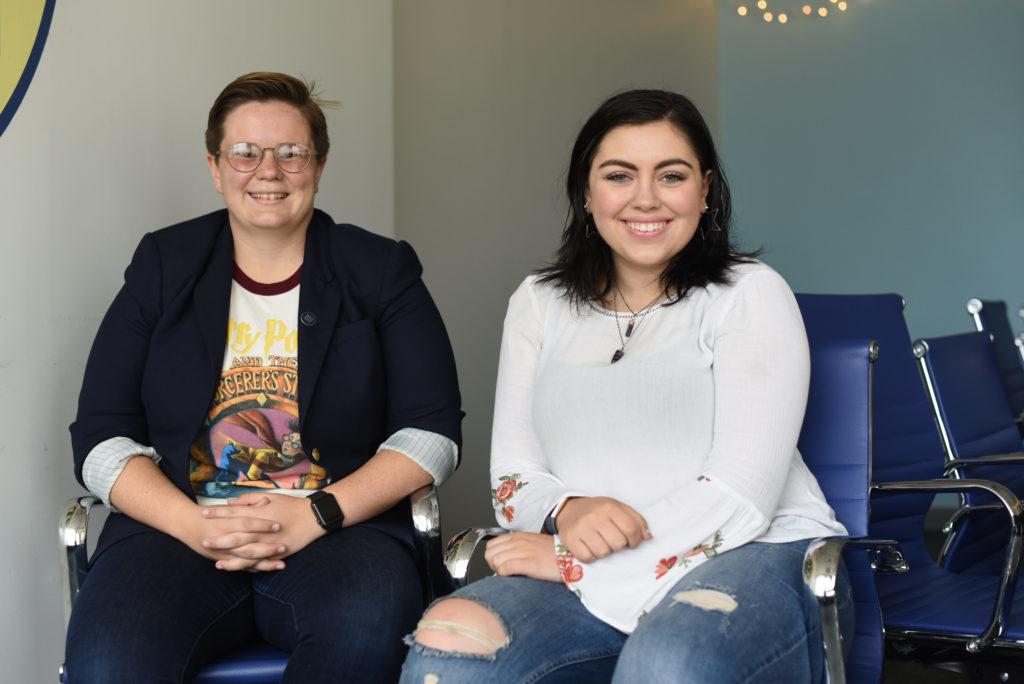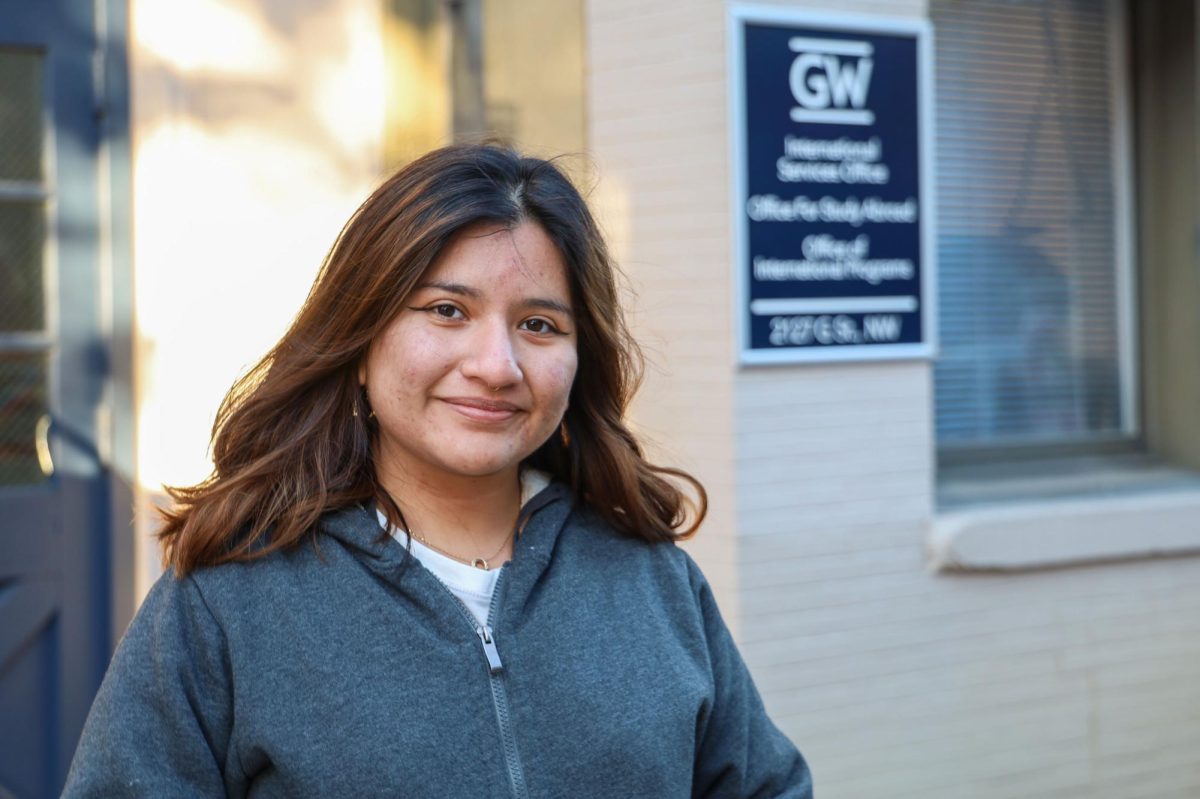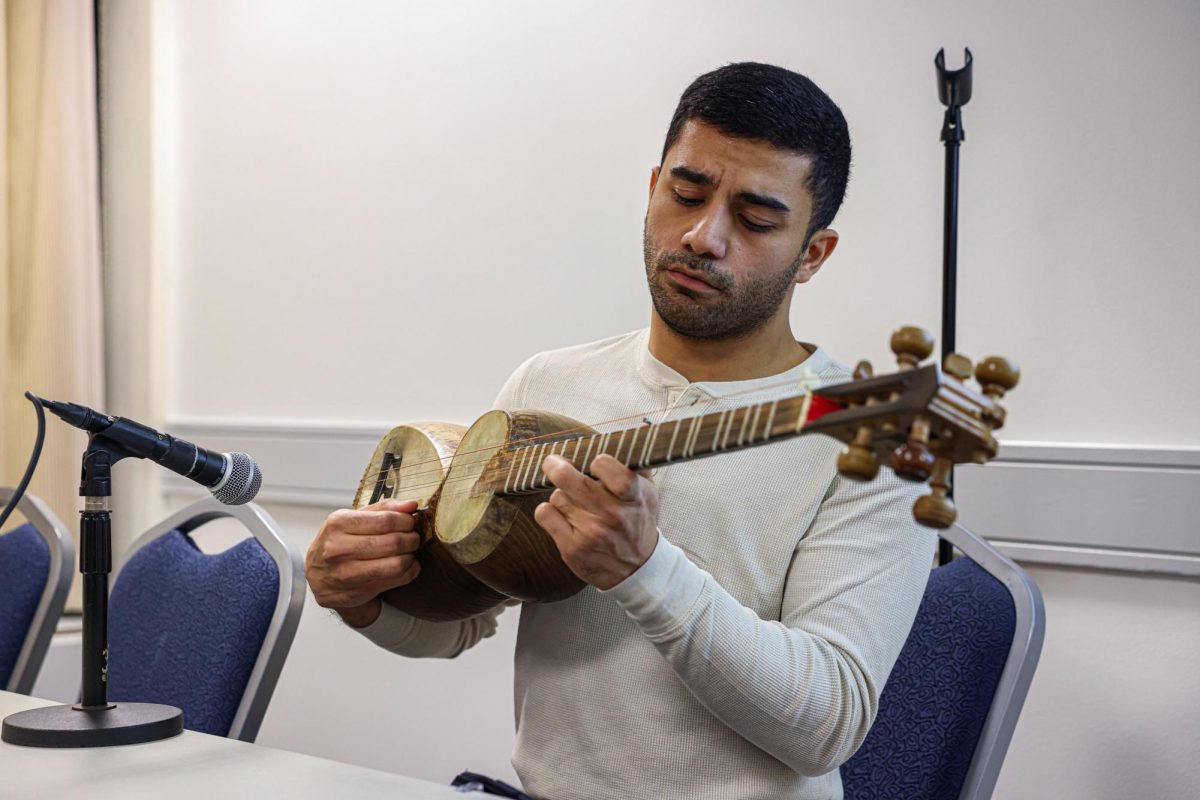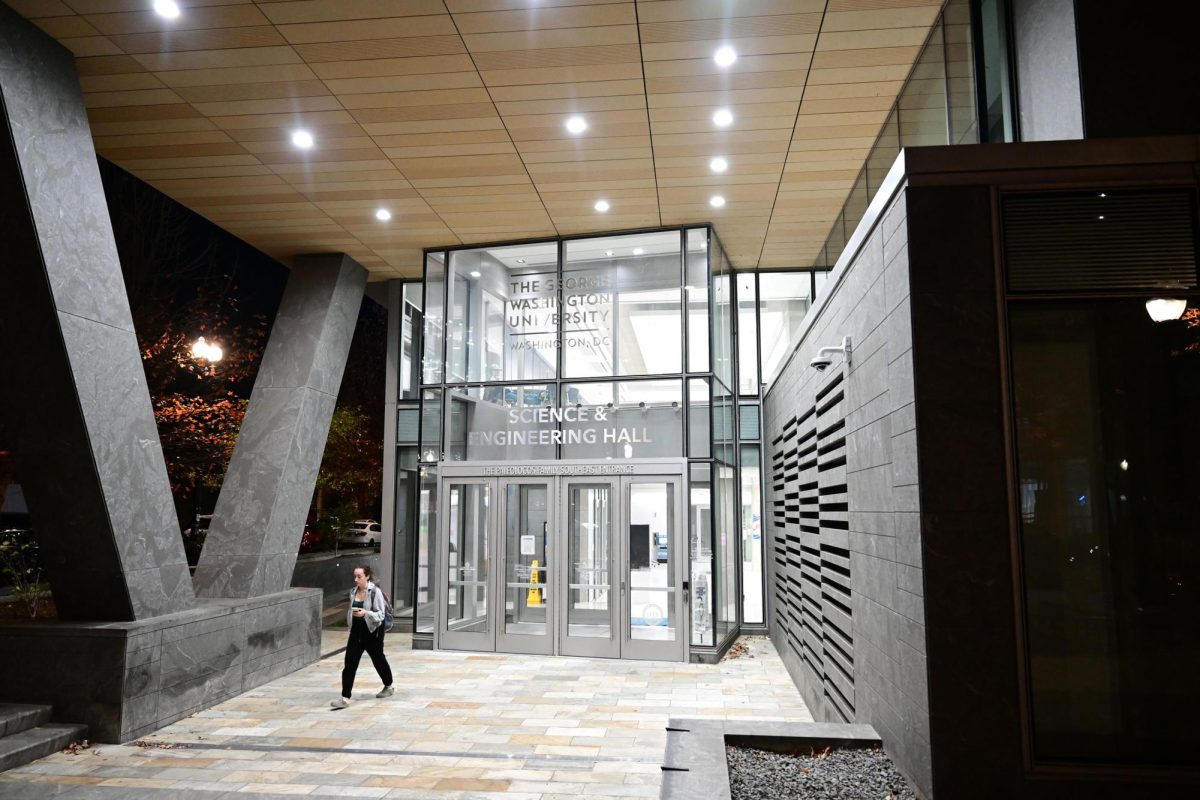Officials are increasing the number of free laundry credits by about nearly 30 percent next semester.
Starting in January, students will be given 34 free loads of laundry, or 17 free washer-dryer cycles – five more cycles than this semester. Student Association leaders and officials said the increase sprung from discussions with students who said the current credits do not allow students to wash clothes once a week throughout the semester.
“It is our intent to continuously strive for improvement and strive to do better by our students,” Executive Vice President and Chief Financial Officer Mark Diaz said. “The basis for increase was data driven, and intended to be responsive to meet reasonable needs of our students while balancing against our sustainability objectives.”
SA leaders rolled out a proposal in April calling on the University to give students 24 laundry credits, or 12 free washer-dryer cycles, and the Board of Trustees approved the measure in May.
Diaz said the University has been “monitoring” the 24-credit allotment since the program began this fall and a “significant” amount of feedback from students led to officials’ decision to increase the number of credits for next semester.
He declined to say how much the extra credits will cost GW, saying the overall cost of the increase is “inconsequential to the value for the students.”
“We heard that the laundry credits were a ‘good start’,” he said in an email. “Staff received feedback that ultimately guided our efforts to improve the program.”
SA President SJ Matthews said she started using her free credits in August but ran out of credits by the beginning of September because of how frequently she did laundry. Matthews said she and SA executive vice president Amy Martin realized the current allotment of 24 credits doesn’t cover a student who wants to do laundry for free once a week during the semester.
Matthews said she and Martin submitted data to Diaz, the executive vice president and chief financial officer, who then told the leaders that the University will up the number of free loads to accommodate one load of laundry a week and add one extra wash-dry cycle.
“That’s been the good thing about this was it wasn’t a hard sell,” she said. “It was, ‘We have 24, but it’s not enough for every week in the semester and on average most kids are going to do laundry once a week,’” she said.
Martin said she and Matthews have also heard feedback from students since the beginning of the year that the current credit allotment does not meet their needs. She said officials’ decision to reduce laundry costs was “noble” because the cost of the program comes directly from the University’s budget.
“So obviously, that’s wonderful that they even agreed to take that on, but it didn’t fully cover student need,” Martin said. “We were just advocating for them to recognize that the student experience – a student’s semester lasts 16 weeks, so if we’re going to promise them free laundry, we should fulfill that promise for all 16 weeks of the semester.”
She said the changes are a result of administrators, like Vice President for Student Affairs and Dean of Students Cissy Petty, who are focused on improving student resources. Officials announced Friday that the University is expanding urgent care services for the Colonial Health Center and establishing a health care clinic on the Mount Vernon Campus.
“Something that Dean Petty has talked about a lot is wanting to improve what health and wellness looks like at GW, and I think hygiene obviously plays a role in health and wellness,” Martin said.
Ashley Le, the former SA president who advocated for free laundry last year, said the laundry program is a “prime symbol” of an SA initiative that resulted from student feedback about the need to reduce costs.
She said developing previously approved SA projects ensures those initiatives “evolve” in tandem with improving the student experience.
“As the student experience continues to change, as the trends continue to change, SA leaders have to also change and evolve and not be settled with what has already been done,” she said.
Le said SA leaders should always gather feedback about new programs through a combination of surveys or forms and informal, one-on-one conversations with students and administrators.
“For students in the Student Association, especially leaders in the Student Association, I think that it is the responsibility to continue representing their constituents and actively translate that to administrators,” she said.
Advika Mehra contributed reporting.











